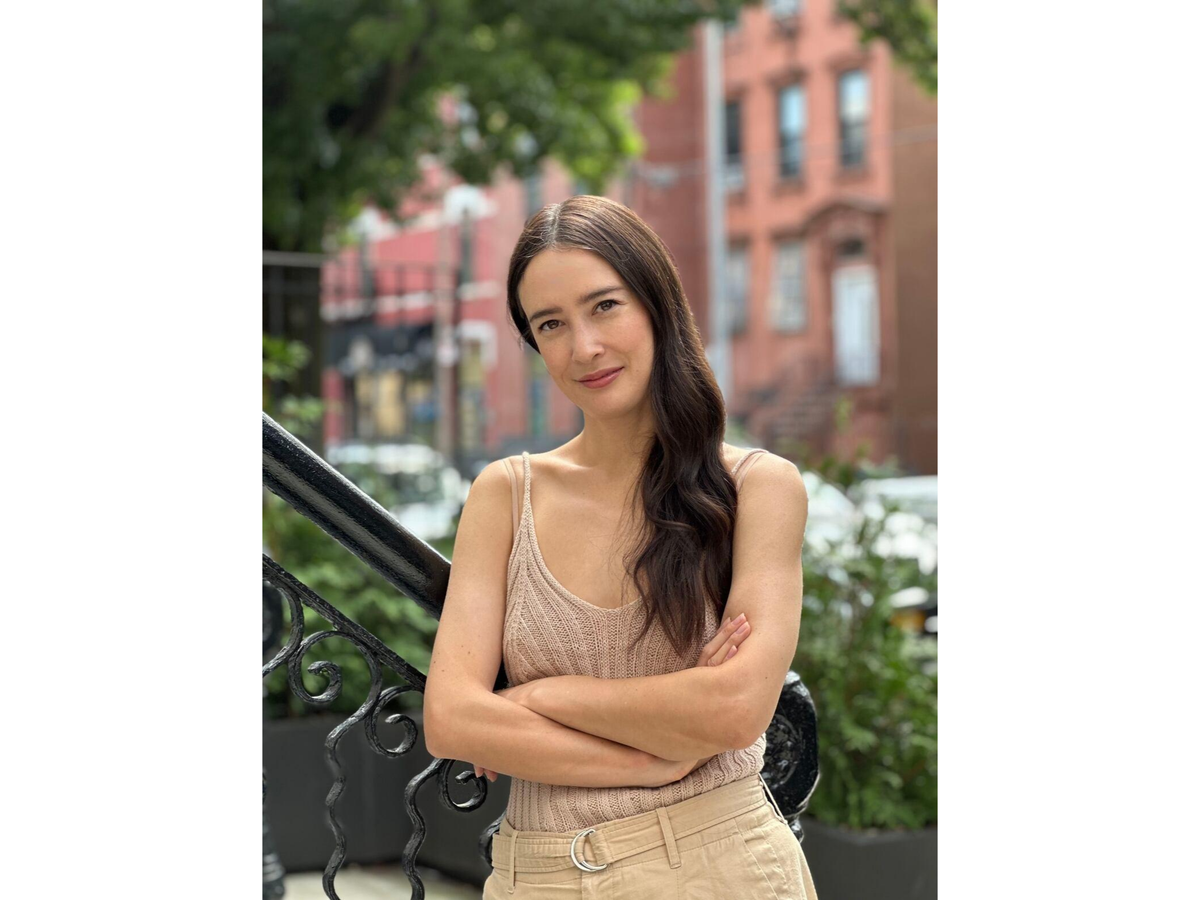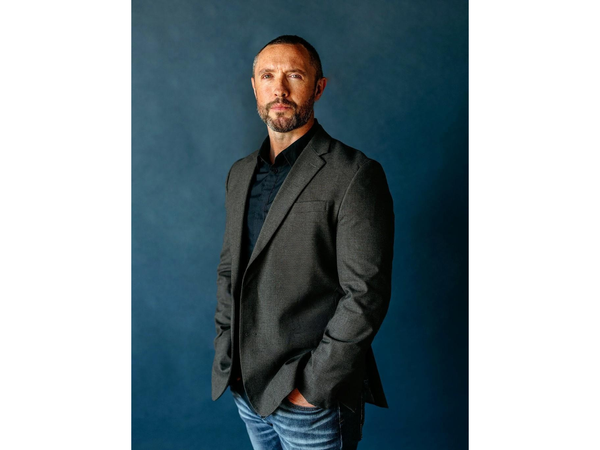MEREDITH HAMA-BROWN TALKS SEAGRASS
"A piece of art can be defined in many ways"


Your film takes place within the historical context of the forced removal, dispossession and incarceration of Japanese Canadians during, and even a bit after, the second world war. I’m genuinely stunned, appalled even, that this film is the first I’ve even heard of it. Would you say this is a tragedy that lives still within the cultural identity and community or have you met a lot more like me while sharing the film with the audience?
In Canada the incarceration of Japanese Canadians is more well known than it is in other parts of the world. Travelling with the film, I have seen that many people abroad do not know about this. Even in the US, where Japanese Americans were also incarcerated, many people don't realize that similar events happened to Japanese Canadians. All this being said, even in Canada many people know very little about this history. When I was growing it, I don't recall even learning about it in school, or if I did learn about it in school, it was a very small part of the curriculum I imagine. I was aware of the incarceration of Japanese Canadians growing up because I have family members who were incarcerated. Overall the film is not autobiographical as the characters and events are fictional, however the aspect of Japanese Canadian identity is a theme I relate to being Japanese Canadian myself.
What did your road to filmmaking look like?
I started my road to filmmaking when I attended university and got my degree in film production. I always had an interest in storytelling but I grew up in a small town where there is very little film production taking place, so it never crossed my mind that this was an option for a career. Learning the basic tools in university allowed me to then develop these skills after leaving school for numerous years.
When does a work of art become important, in your opinion, does an audience, whether critically or commercially, have to like a film for it to be a “success” as you see it, or can its importance or purpose just be personal?
That's a tough question! I think the importance of a work of art can be defined in many different ways. Even if something isn't critically or commercially important, it may later on have a cult following, for example. But if only the artist themselves likes it or thinks it's important, is it actually important? Well, to the artist it is, but not to anyone else. Then again, perhaps later on, even posthumously the work of art may take on new meaning and become important to others on a larger scale. So although I believe the importance of a piece of art can be defined in many different ways, I do think the interaction with the audience, whenever that may be, is a key component in its "importance". However, whether a piece of art is important or not, really is not always a reflection of whether the art is "good" or "bad" either.
Do you think finding the best creative freedom, as a director, is having a strong singular vision or for every pillar on set being equally relevant?
I think every person on set is extremely important to the outcome of a film. No matter what. Film is a very collaborative process so even if a director has a strong singular vision, they are still working alongside so many people who are bringing their expertise and vision to the table. And these collaborators are equally relevant because a director with a strong singular vision, yet no collaborators is nothing! I don't think there is one way to work though and every film and process is different.
The likes of Ally Maki, Luke Roberts and Sarah Gadon are amazing in this film, and obviously they are all actors who hold their own. So to perhaps look to the younger cast members, was there anything you wanted to make sure of in terms of not leaving the kids to their own devices, the way their characters are in the film?
It was essential for us to ensure that the children felt very comfortable and emotionally supported throughout the entire process of making the film. The young characters in the film have to navigate a lot of challenges. With our young actors, we really wanted to walk them through everything and ensure they felt comfortable and supported the entire time.
A few years ago we also saw you in front of the camera, would you still consider yourself an actor or have you changed avenues entirely?
My focus is more on writing and directing now. That is not to say that I will not act again but most of my time right now is spent pursuing the path of writing and directing.
Have you been working on anything new since this one?
Yes, I am working on writing my next feature! There is still a ways to go but so far it explores some similar themes to 'Seagrass' and is also entirely different!




